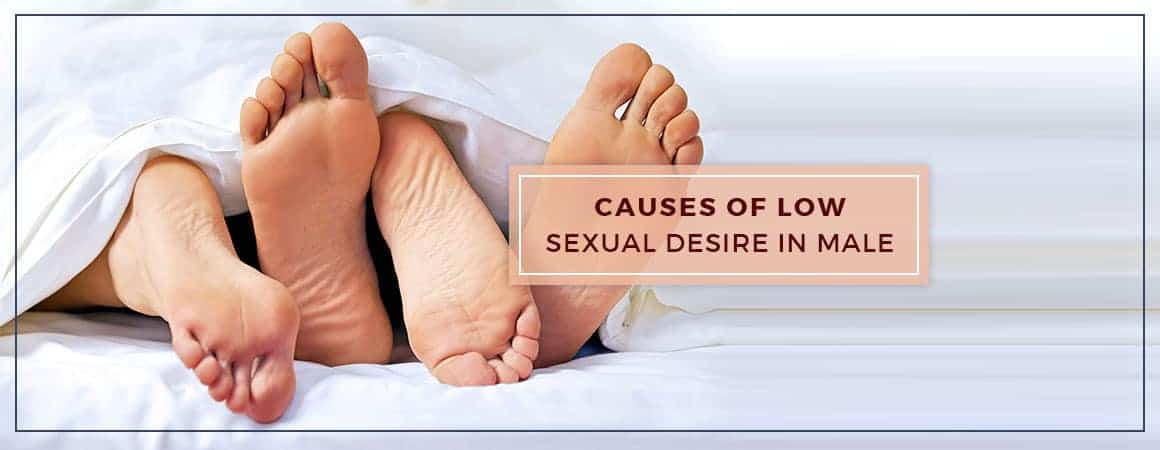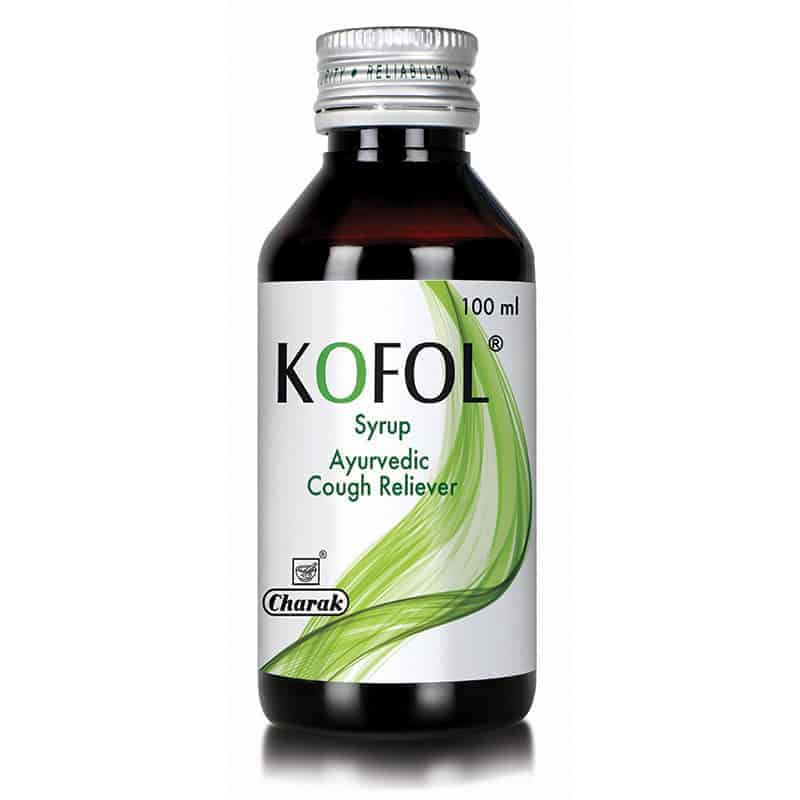Sexual desire, also known as libido, is a conscious longing for sexual activity with the object of desire, resulting in sexual satisfaction. Sexual desire can result in rapid or gradual psychic arousal, the resulting physiological changes (rapid breathing and pulse, lubrication, erection). Sexual desire is also a central motive in the formation of casual and long-term relationships.
People normally differ in the degree of sexual appetite they have. There is no single standard of sexual desire, and it’s common to lose interest in sex from time to time, and libido levels vary through life.
About one in five men have low sexual desire. The Global Study of Sexual Attitudes and Behaviors reported a prevalence of low sexual desire as 1-20% of men.
It is a common problem but it is difficult to quantify because definitions may vary and few of those who experience loss of libido consult a doctor even when it may be the cause of relationship difficulties. However, low libido for a long period of time may cause concern for some people. Low libido can sometimes be an indicator of underlying health conditions.
So What Causes Low Sexual Desire In Male:
Psychological Issues:
Stress, anxiety and depression arising from day to day hectic lifestyle, relationship or family problems, and other mental disorders play an important role in male sexual dysfunction.
Low testosterone:
Testosterone is an important male hormone. Low levels of the male hormone testosterone can decrease your desire for sex. Testosterone is primarily produced in the testicles and serves a number of different functions, from building muscle mass to stimulating sperm production. It is also an important factor ensuring a normal sex drive. Decrease in testosterone is a normal part of aging. However, a drastic drop in testosterone can lead to male sexual dysfunction.
Medications:
It is observed that commonly used antihypertensive medications, such as beta-blockers and ACE inhibitors, may lead to a low libido in men. So try to have other better alternatives to control blood pressure after speaking to your specialist doctor.
Restless Legs Syndrome (RLS):
Restless Legs Syndrome (RLS) is the uncontrollable urge to move your legs. In the study, researchers found that men who had RLS occurrences at least five times per month were about 50 percent more likely to have erectile dysfunction leading to low sex drive.
Depression:
It is a serious mood disorder that can affect all aspects of a person’s life. People with depression experience a reduced or complete lack of interest in activities they once found pleasurable, including sex. The antidepressants medicines especially selective serotonin reuptake inhibitors (SSRIs) have known side effects like loss of libido which further worsens the condition.
Chronic illness
The chronic health condition, such as chronic pain of various origins, sex is likely low on your list of priorities. Living a life with chronic illness or disease condition like cancer can make patients disinterested in sex.
Sleep problems:
The men with obstructive sleep apnea (OSA), snoring, have lower testosterone levels. This results in decreased sexual activity and libido. Researchers found that nearly half of the men who snore during sleep also experience very low levels of testosterone during the night.
A more recent study found that men with low testosterone levels also had lower sleep efficiency. The study concluded that decreased levels of total testosterone are linked with less healthy sleep, particularly in older men.
Aging:
As age progresses particularly in old age, it may take longer to have orgasms, ejaculate, and become aroused. There can be erectile dysfunction. The erections may not be as hard, and it may take longer for penis to become erect. Testosterone levels, which are linked to libido, are at their highest when men are in their late teens. Men generally notice a difference in their libido around ages 60 to 65.
Stress:
The stress and low sex desire are very much related to each other. This is because stress can disrupt hormone levels. The arteries can narrow in times of stress. This narrowing restricts blood flow and potentially causes erectile dysfunction.
Addictions:
Various addictions like excess alcoholism, smoking, drug abuse, tobacco, cannabis, opiates and cocaine are known to affect sexual desire in men.
It is better to be aware of these causes of low libido.







